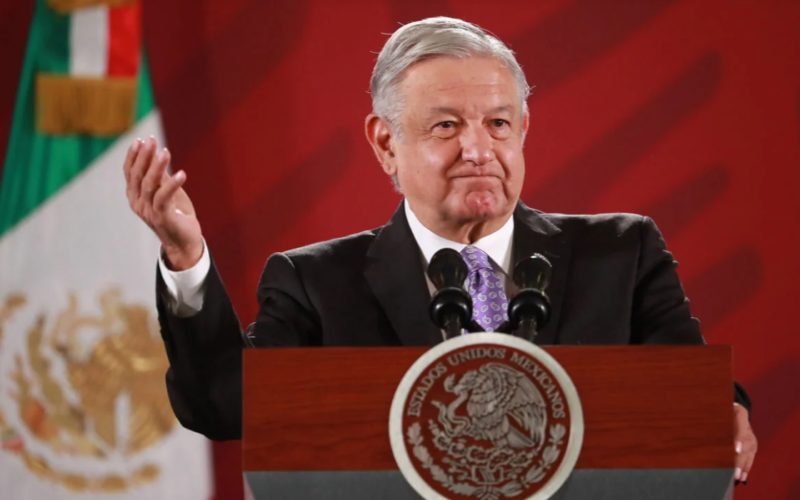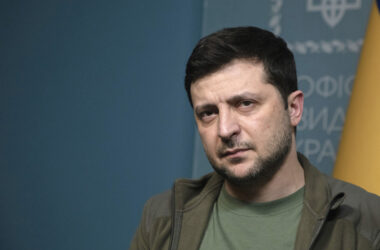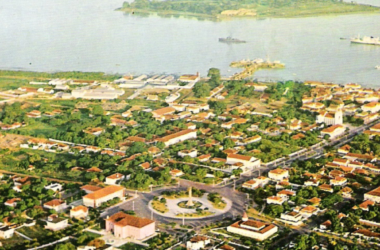Mexican President Andres Manuel Lopez Obrador has lambasted YouTube following the tech company’s decision to remove a video in which the president inadvertently disclosed the private telephone number of the New York Times’ Mexico bureau chief during a news conference. The platform cited violations of its policies on harassment and cyberbullying as grounds for the video’s removal, subsequently reissuing an edited version without the journalist’s private information.
Expressing his disdain for what he deemed as censorship, Lopez Obrador accused YouTube of adopting an overbearing and authoritarian stance. Accompanying his critique was a symbolic image of the Statue of Liberty, which he portrayed as an “empty symbol” in light of the platform’s actions. Despite the president’s vocal disapproval, YouTube has yet to respond to inquiries regarding the incident.
The controversy unfolded during a news conference where Lopez Obrador read aloud a letter from the New York Times requesting comment on an impending story concerning a shelved U.S. government investigation into allegations of collusion between the president’s allies and drug cartels. In an inadvertent move, the president disclosed the phone number of the Times’ bureau chief, prompting scrutiny and condemnation from various quarters.
The New York Times swiftly denounced the president’s actions, labeling them as “troubling and unacceptable,” particularly in a country like Mexico, where journalists face considerable risks, often encountering violence and intimidation while reporting on criminal activities and corruption. The disclosure of a journalist’s private phone number in such a perilous environment raises significant concerns about press freedom and safety.
Following the incident, Mexico’s freedom of information body, INAI, initiated an investigation into the president’s disclosure of the journalist’s number, signaling a potential reckoning for the breach of privacy. Despite assertions of innocence from Lopez Obrador, the repercussions of his actions have reverberated, prompting further scrutiny of his administration’s handling of press freedom and accountability.
The fallout from the controversy extended to social media, with users sharing private numbers of prominent figures, including one of Lopez Obrador’s sons and candidates for the upcoming presidential race. Despite facing a barrage of messages, rival candidate Xochitl Galvez remained steadfast, refusing to change her number.
The incident coincided with the release of a New York Times article detailing the shelved U.S. investigation into alleged collusion between drug cartels and Lopez Obrador’s associates, further complicating the political landscape. Despite vehement denials from the president, concerns about media safety and press freedom persist, underscoring the challenges faced by journalists operating in Mexico.
As Lopez Obrador’s presidency continues, the incident serves as a stark reminder of the delicate balance between press freedom and governmental accountability, with international organizations like Article 19 documenting ongoing threats to journalists and media professionals in Mexico.








